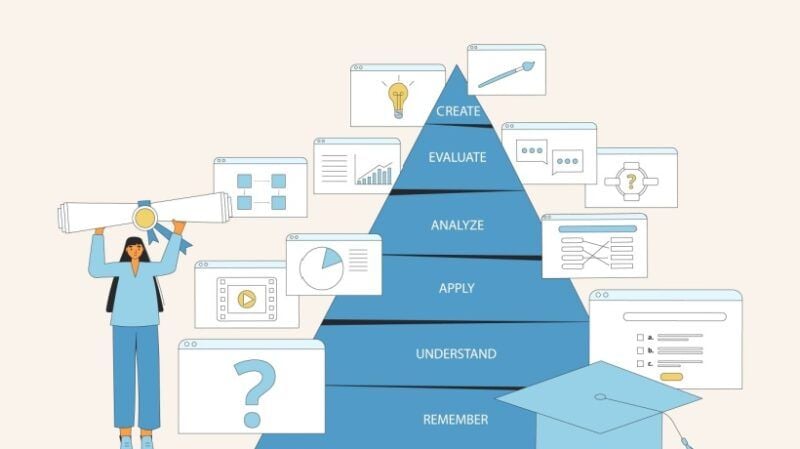
Dispelling 10 Common Myths About Instructional Design
Instructional Design plays a crucial role in the development of effective educational and training programs. However, there are several myths and misconceptions surrounding this field that can hinder its potential impact. Let’s explore some key myths about Instructional Design and set the record straight.
Debunking Myths About Instructional Design
1. Instructional Design Goes Beyond Content Delivery
Contrary to popular belief, Instructional Design is not just about delivering content efficiently. It involves creating engaging learning experiences that promote deep understanding, retention, and practical application of knowledge. From setting learning objectives to designing interactive assessments, Instructional Design encompasses the entire learning journey.
2. Tailoring Learning Styles is Not Essential
While individual learning styles are often perceived as crucial, research suggests that focusing on the content and learning objectives is more beneficial. Aligning instructional methods with the complexity of the material leads to better outcomes for all learners, regardless of their preferred learning style.
3. Effective Instructional Design Requires Expertise
Creating high-quality educational experiences demands specialized knowledge in pedagogy, cognitive science, and educational technology. Instructional Design is a professional skill that combines understanding of learning principles with the ability to apply appropriate teaching strategies.
4. Quality Over Quantity in Content
While more content may seem beneficial, overwhelming learners with information can impede learning outcomes. Prioritizing the relevance and quality of content helps learners focus on essential concepts, leading to better comprehension and retention.
5. Purposeful Use of Technology
Mere inclusion of technology does not guarantee effective learning. Integrating technology thoughtfully to support pedagogical goals enhances the learning experience. Technology should complement content and learning objectives, fostering engagement and collaboration.
6. Assessments Enhance Learning
Assessments serve as feedback mechanisms for learners and instructors, guiding improvement and mastery of the material. They are not just for grading but crucial for identifying learning gaps and reinforcing understanding.
7. Structured Support for Self-Directed Learning
Learners may struggle with self-directed learning without proper guidance. Structured instructional support provides clear goals and resources to help learners develop essential skills for independent learning.
8. Iterative Instructional Design
Instructional Design is not a linear process but involves continuous evaluation and refinement based on learner feedback. Ongoing improvement ensures that the content remains relevant, engaging, and effective.
9. Importance of Visual Design
Visual design plays a critical role in enhancing comprehension and engagement. Thoughtful visual strategies improve readability and facilitate better understanding of complex concepts.
10. Diverse Learning Methods
Recognizing that not all learners thrive in digital environments, Instructional Design should offer flexible options that cater to diverse preferences. Incorporating various instructional methods ensures all learners have opportunities for success.
In Conclusion
By dispelling these myths and misconceptions, organizations can better understand the importance of Instructional Design in creating effective learning experiences. Educating stakeholders about the true nature of Instructional Design promotes best practices and improves educational outcomes. Embracing Instructional Design as a strategic process leads to enhanced learning environments that cater to the needs of all learners, fostering success and achievement.



